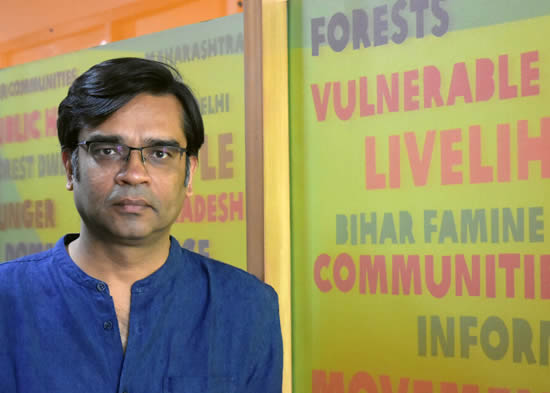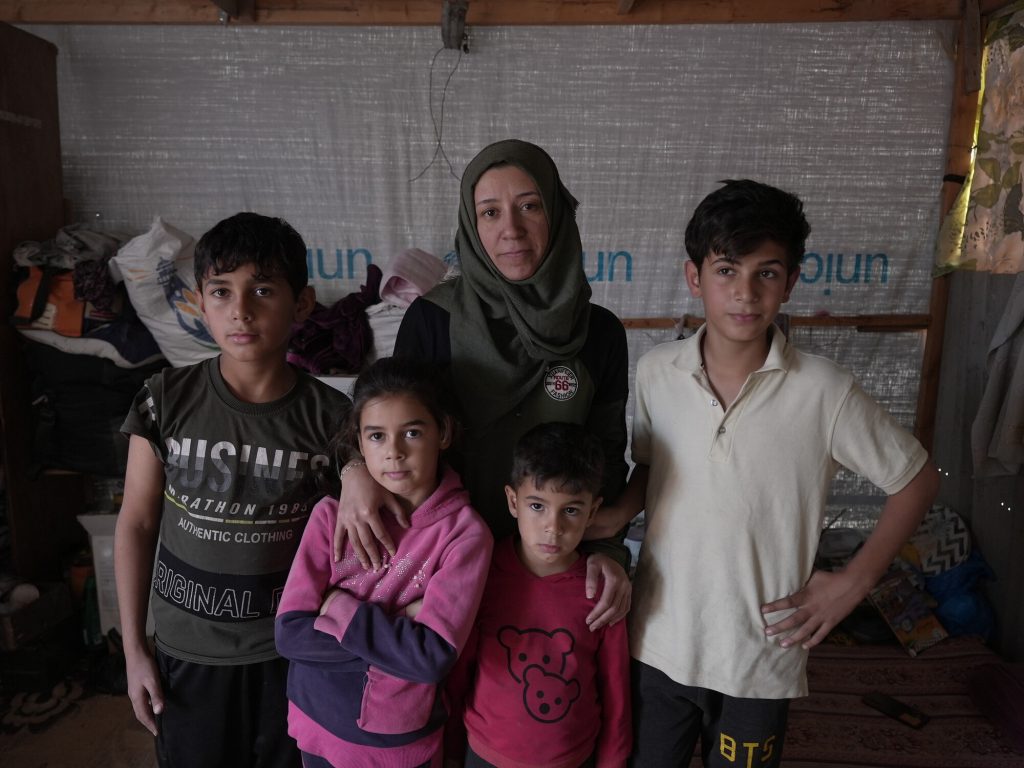Gaza Needs a Ceasefire, Now
“Never in Oxfam’s history have we seen a humanitarian crisis like the one in Gaza,” said Oxfam GB Chief Executive Dhananjayan Sriskandarajah in the Guardian.
“Usually, when there is a crisis, we have a way to deliver aid – perhaps we have to overcome logistical challenges, fix a road, or a truck. This time, we are ready to deliver aid, but there is no way for us to reach the people who need it,” said Diana Sarosi, Oxfam Canada’s Director of Policy and Campaigns.
“Never in Oxfam’s history have we seen a humanitarian crisis like the one in Gaza,” said Oxfam GB Chief Executive Dhananjayan Sriskandarajah in the Guardian.
“Usually, when there is a crisis, we have a way to deliver aid – perhaps we have to overcome logistical challenges, fix a road, or a truck. This time, we are ready to deliver aid, but there is no way for us to reach the people who need it,” said Diana Sarosi, Oxfam Canada’s Director of Policy and Campaigns.
All five of Gaza’s wastewater treatment plants and most of its 65 sewage pumping stations have been forced to close. Untreated sewage is now being discharged into the sea, and, in some areas, solid waste is accumulating in the streets.
Clean water has now virtually run out. Some people are being forced to drink unsafe water from farm wells. A UN group focused on water and sanitation—of which Oxfam is a member—says that only three liters of water a day are now available per person in Gaza.
Despite the incredible difficulties, two local organizations Oxfam supports in Gaza have put together a plan to help people now crammed into shelters with hygiene kits (containing soaps, shampoo, sanitary pads and toothpaste) and cash for food from one of the few supermarkets still open.

The commitment of our partners to help is inspiring. But no meaningful humanitarian response can happen without a stop to the violence
We need your voice now more than ever
Time is of the essence, and we need your solidarity today. Lives depend on it.

